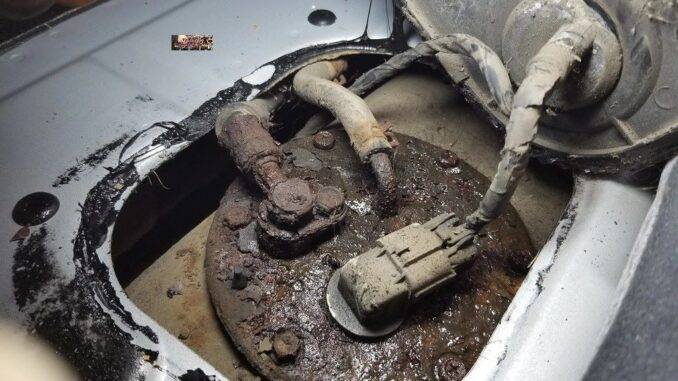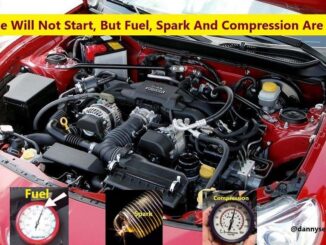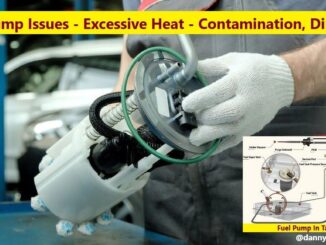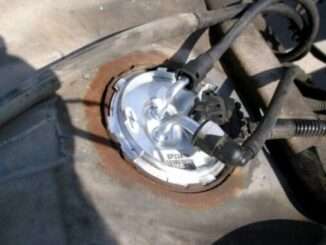
Fuel pump failure, is one of those things, that no one wants to deal with.
But, at some point, that is exactly what can and does happen.
While it is possible to run on a failing fuel pump, sooner or later, it will fail completely.
Fuel pump failure, may not happen all at once. However, it could fail gradually, or just stop working completely.
So, if it fails completely, your engine will stop. And, it will not restart. But, if your fuel pump is failing gradually, it might show some signs, that could alert the driver. Because, having a gradual fuel pump failure, delivers, less fuel to the engine. In this blog post, we are talking about electric fuel pumps. Although mechanical fuel pumps share some of the same problems, they are different.
Fuel Pump Failure Signs May Include:
Hesitation During Acceleration
The vehicle’s acceleration is slower than normal. The engine shuts down completely, during acceleration. This could mean the fuel pump is struggling to keep up with, the increased need for fuel. Also, check for fuel leaks.
Rough Engine Idle
A clogged fuel pump, prevents the proper amount of fuel, from getting to the engine. As a result, affecting the idle speed.
Fuel Pump Overheating:
- When the fuel pump is starting frequently. Such as, in common stop and go driving patterns, causing the fuel pump to overheat. That could be the start, of a fuel pump failure.
- Typically, you may be able to drive for 15 to 30 minutes, and then it suddenly stops working.
- If after letting the engine cool down, it functions properly again, only to repeat the behavior.
Noises, Sputtering Or Backfiring:
- Unusual noises, sputtering or backfiring, may also be a sign of a fuel pump failure.
- If the flow to the fuel injection system is not consistent, the engine may develop problems.
- Watch for things like, a hesitant start or take off, or a problem with starting the engine.
Fuel pumps can be compromised, when outside issues affect the performance of the fuel pump.
Common Failure Causes Include:
Fuel Contamination
Fuel can be jeopardized, from corrosion, debris and moisture. And, can all bring, visible contaminants into the tank.
Clogged Strainers/Filters:
- These contaminants, eventually clog critical components. Including, strainers, filters and the fuel pump itself.
- This blockage ultimately, impairs the flow of fuel. Which may affect the vehicle, during acceleration, among other long term impairments.
Electrical Issues:
- Electrical faults are also significant contributors, to fuel pump failures. The most common issues are, rusted connectors, loose connectors, or melted wiring and connectors.
So, if you suspect you are dealing with a fuel pump failure, inspect the fuel pump. A fuel pressure gauge can show conclusively, that the pump is not delivering, the right amount of fuel pressure. Anything less, is indicative of fuel pump problems that require attention.
Fuel Pump Replacement
A vehicle owner who understands automobiles, could replace a fuel pump. And, save some money while doing it. Anyone who tries this has to remember that, they are dealing with fuel and fumes. So, any work that a person does on their fuel pump, should be in a very well ventilated area.
It may be more convenient and certainly safer, to have a mechanic do the work. Also, mechanics can run diagnostics, to make sure that the problem, has been properly identified. So, if it is the fuel pump failing, they have the tools and parts necessary to do a complete job.
Conclusion
So, anyone who owns a vehicle must know that, a fuel pump failure, is possible. And, hopefully, that will happen towards, the end of the working life of the vehicle. Finally, looking for the signs, is as much a safety precaution, as it is checking for problems.
BY DANNY BENDER




